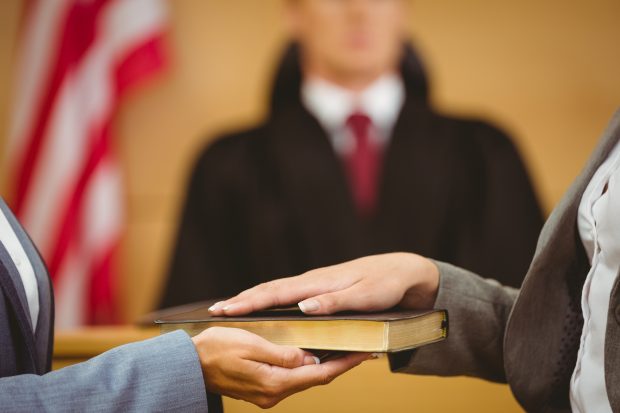
"Every trial lawyer encounters them - the witness who refuses to agree with even the most obvious point. Show them a photo of their car, and they claim they cannot recognize it. Confront them with a prior statement, and they insist it is inaccurate. This is a strategy to frustrate you, to block you, and to control the narrative. How do jurors react? They see someone trying to hide something. Use this behavior to your advantage, showing the witness lacks credibility."
"The obstinate witness disputes reality, argues every question, avoids "yes" answers, uses speeches, and controls the exchange. They behave this way out of fear of conceding even minor points, they've been coached this way, or that's their personality. What they misunderstand, though, is that jurors dislike evasiveness. They want fairness and truth. If a witness denies the sun is out, the jury sees they're lying. It is our job to couch these refusals as dishonesty without bullying or appearing petty."
Obstinate witnesses refuse obvious facts, deny tangible evidence, argue every question, avoid 'yes' answers, give speeches, and try to control exchanges. They act from fear of conceding minor points, coaching, or natural personality. Jurors generally dislike evasiveness and equate denial of obvious truths with lying, preferring fairness and truth. Effective handling requires preparation: know records, statements, deposition transcripts, and facts to impeach or pin down denials. Begin questioning with undeniable truths, tie questions to tangible anchors like photos, diagrams, videos, calendars, medical records, receipts, e-mails, and correspondence, and script questions to build credibility while avoiding bullying.
Read at Above the Law
Unable to calculate read time
Collection
[
|
...
]